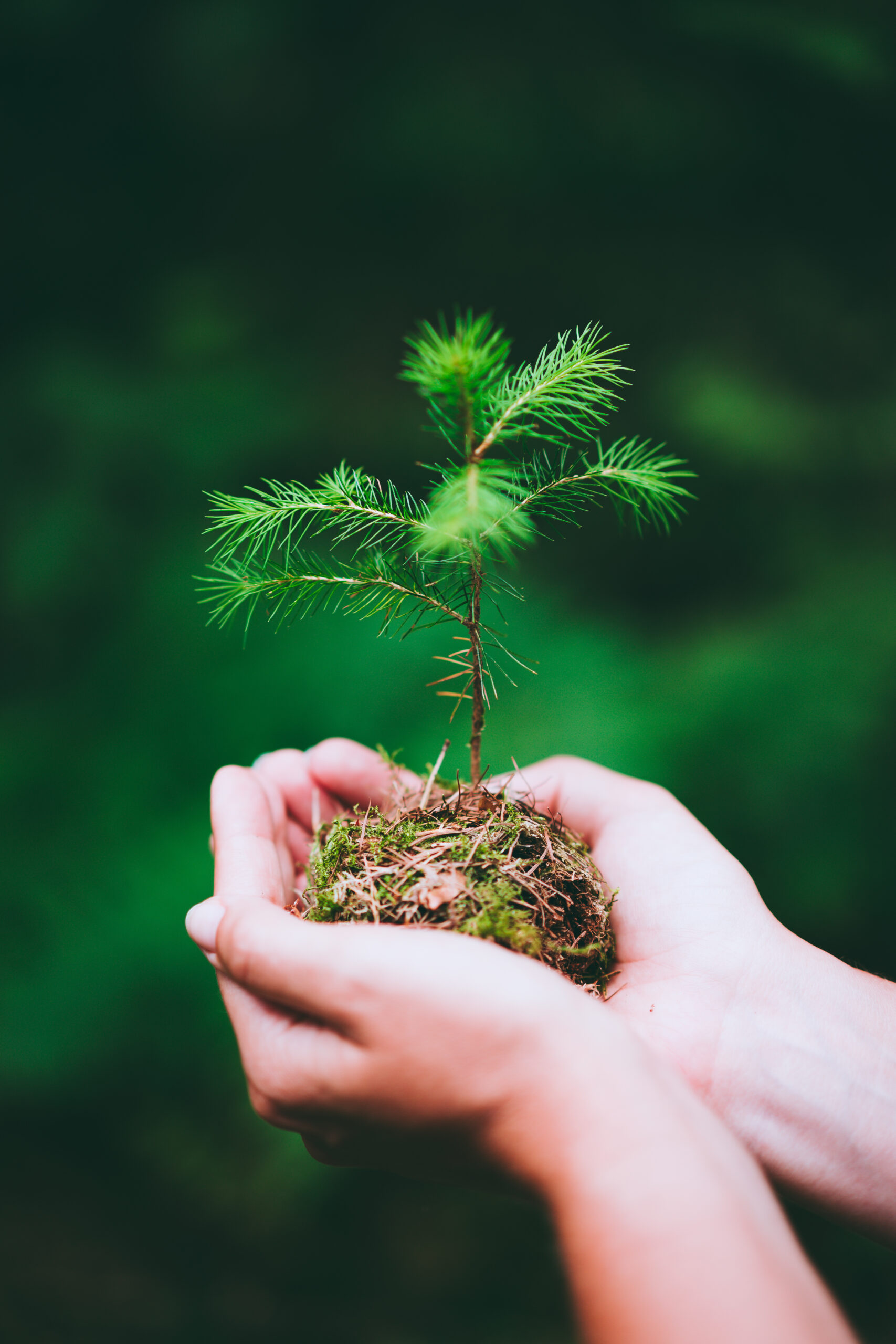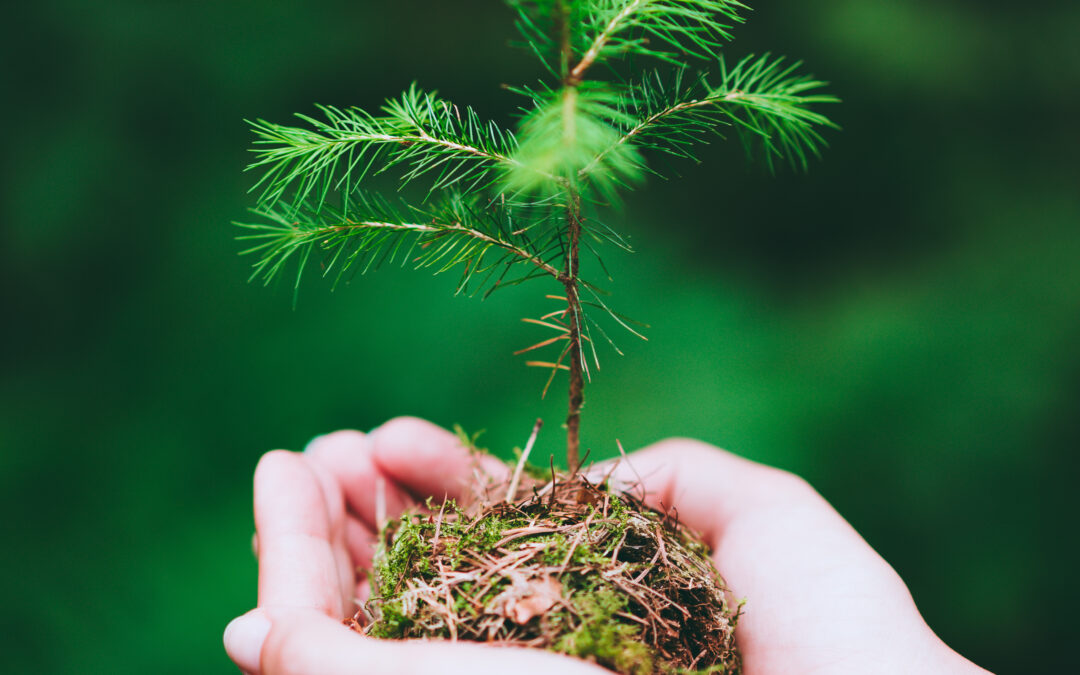Welcome to Home Farming 101! In this blog post, we will cover everything you need to know to get started with your own homestead. Whether you are a beginner or an experienced gardener looking to take the next step towards self-sufficiency, this guide is for you. Let’s dive in and learn about home farming!
Introduction to Home Farming
Home farming, also known as homesteading, is the practice of growing your own food and raising livestock on your property. It can be a rewarding hobby that provides fresh produce and meat while reducing your carbon footprint and saving money. With the right planning and execution, anyone can start their own homestead.
Choosing the Right Plants and Animals for Your Homestead
The first step in starting your homestead is choosing the right plants and animals for your needs. Consider what types of crops grow well in your area and choose those that are easy to maintain and provide high yields. For example, if you live in a hot climate, you may want to plant drought-resistant vegetables like tomatoes and peppers. If you have limited space, consider container gardening or vertical gardening techniques.

When it comes to livestock, start small and work your way up. Chickens are a great choice for beginners because they require little space and provide eggs and meat. Pigs and goats are also popular choices but require more land and care. Make sure to research the specific breeds and requirements before making any decisions.
Preparing Your Land for Planting
Once you have chosen your crops and livestock, it’s time to prepare your land for planting. Clear the area of any debris or weeds and test the soil to determine its pH level. Most vegetable crops prefer slightly acidic soil with a pH between 6.0 and 7.0. You may need to add fertilizer or lime to adjust the pH levels accordingly.
Building a Sustainable Garden
A sustainable garden is one that uses natural resources efficiently and minimizes waste. One way to achieve this is by using compost instead of chemical fertilizers. Compost is made from organic matter such as leaves, grass clippings, and kitchen scraps, which break down over time to create nutrient-rich soil. You can also use rainwater harvesting systems to collect water during rainy seasons and store it for later use.
Raising Chickens, Pigs or Goats: The Basics of Livestock Care
If you decide to raise chickens, pigs, or goats, there are some basic things you need to know about caring for them. Firstly, make sure to provide adequate shelter and protection from predators. This could include building a fence around the pen or coop. Secondly, ensure they have access to clean drinking water and feed appropriate for their age and species. Finally, monitor their health regularly and seek veterinary advice when necessary.
Harvesting and Preserving Your Crops
After months of hard work, it’s finally time to reap the benefits of your labor! Harvest your crops at peak ripeness and preserve them for future use. Common methods of preservation include freezing, canning, and drying. By doing so, you can enjoy fresh produce all year round without having to rely on grocery stores.
Making Your Own Compost and Fertilizer
Composting is not only a cost-effective alternative to commercial fertilizers; it also reduces waste and improves soil quality. To make your own compost, gather organic material such as leaves, twigs, and food scraps into a bin or pile. Turn the mixture periodically to aerate it and speed up decomposition. Within six weeks to three months, depending on the size of your pile, you should have rich, dark compost ready to use.
Tips for Saving Water in Your Garden
Water conservation is essential in home farming, especially in areas where water is scarce. Here are some tips for saving water in your garden:
Use mulch to retain moisture in the soil
Install drip irrigation systems instead of sprinklers
Water plants early in the morning or late in the evening to reduce evaporation
Avoid overwatering by monitoring soil moisture levels regularly
Common Pests and Diseases that Affect Homegrown Produce
As much as we try to prevent them, pests and diseases can still affect our homegrown produce. Some common ones include aphids, slugs, and blossom end rot. Be proactive in identifying these issues and taking action to control them. Natural remedies such as neem oil or garlic spray can help repel pests, while adding calcium to the soil can prevent blossom end rot.
The Benefits of Home Farming
There are many reasons why people choose to start their own homestead. Some do it for environmental reasons, others for financial savings, and still, others for personal satisfaction. Whatever your reason, home farming can provide numerous benefits including:
Reduced carbon footprint
Improved physical activity and mental health
Self-sufficiency and independence
Higher-quality, fresher produce
Lower grocery bills
We hope this guide has inspired you to start your own homestead and provided you with valuable information along the way. Happy farming!





